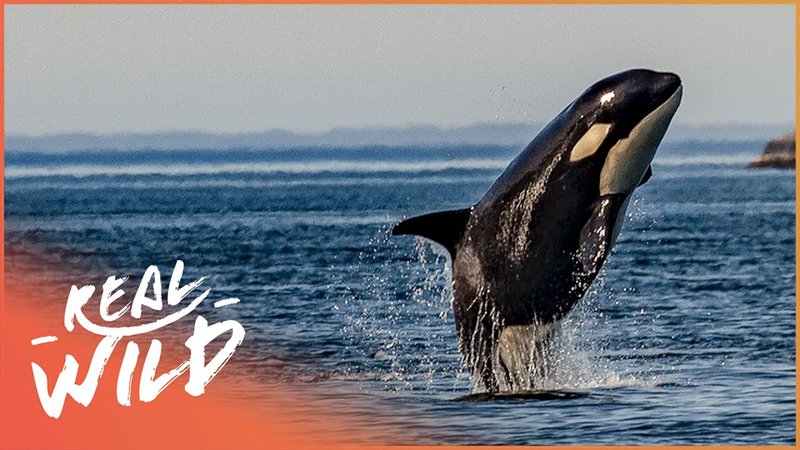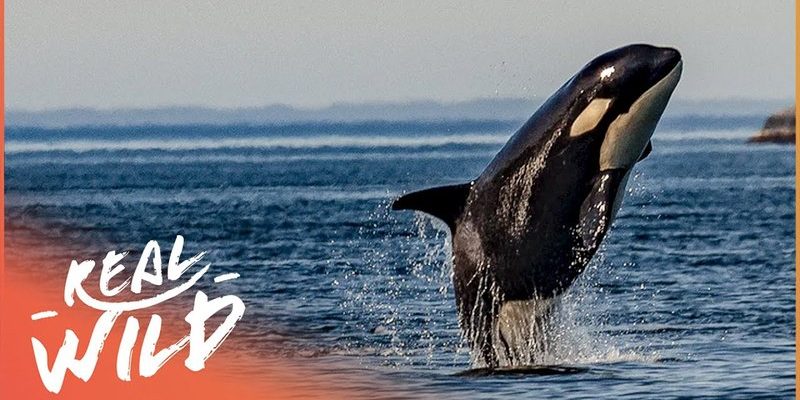
Imagine you’re at a coffee shop, sipping your favorite brew, and we’re chatting about these magnificent creatures. You might not realize it, but orcas are in trouble due to several human-related factors. From pollution to overfishing, these challenges are like storm clouds looming over their oceans. So, let’s dive into the common threats to the orca in the wild and explore how they affect these captivating animals.
Pollution and Chemical Contaminants
One of the biggest challenges that orcas face comes from pollution. When we think of polluted waters, we might picture trash floating on the surface, but it’s much more insidious than that. Chemicals like PCBs (polychlorinated biphenyls) and heavy metals from industrial runoff can accumulate in the water and make their way into the food chain. This is where it gets dangerous—for orcas, who are at the top of that chain, the effects can be deadly.
These chemicals can affect orcas in multiple ways. They can impair their immune systems, making them more susceptible to diseases. They might also disrupt their reproductive systems, leading to lower birth rates. Here’s the thing: orcas are known as apex predators, which means they need healthy oceans to thrive. When their environment is tainted, their entire social structure and way of life can be put at risk.
The impact of pollution doesn’t stop there. An orca’s diet mainly consists of fish and marine mammals, which often contain these harmful chemicals. As they consume more food, these toxins accumulate in their bodies—a process known as biomagnification. It’s a vicious cycle, and each generation of orcas can face greater challenges due to a contaminated environment.
Climate Change and Its Effects
Climate change is another major threat to orcas. Just think about how rising ocean temperatures can alter their habitat. Many orca populations rely on cold waters rich in fish. As temperatures rise, these fish might migrate to cooler areas, leaving orcas with fewer food options. It’s like having your favorite restaurant suddenly close up shop without warning!
Additionally, climate change can lead to melting ice in polar regions. For orcas that thrive in icy waters, like those in the Arctic, this means losing critical habitat. The ice serves as a hunting ground and a place to rest, and without it, orcas could struggle to find enough food. As their environment changes, orcas may also need to adapt their hunting strategies, which can be incredibly challenging.
Let’s not forget about the increase in extreme weather events either. Storms and heavy rains can lead to more runoff entering the ocean, exacerbating pollution issues. It’s a tangled web where climate change and pollution reinforce each other, making it even harder for orcas to survive in their natural habitat.
Overfishing and Food Scarcity
Overfishing is a significant threat to orcas, particularly those species that rely on specific fish for nourishment. Take the orca population around the Pacific Northwest, for example. They primarily feed on chinook salmon. But when humans catch too many of these fish, the orcas find themselves in a precarious position. It’s like trying to find a specific book in a library that’s being cleared out!
When there aren’t enough fish to eat, orcas face starvation, which can lead to malnutrition and weakened health. This issue isn’t just about food—it’s also about the entire marine ecosystem. When we disrupt one species, like the salmon, it creates a ripple effect that can impact all the animals that rely on it, including orcas.
Moreover, the competition for food can become fierce. As fish stocks decline, orcas may be forced to travel farther or dive deeper to find their meals. This can increase the energy drain on them, making survival even tougher. You might be wondering how this all connects; it’s a clear example of how our actions can affect wildlife far beyond what we see on the surface.
Noise Pollution and Disruption
You probably don’t think of noise as a direct threat to orcas, but it’s a significant issue for them. Orcas rely on echolocation to communicate and hunt, much like a person using a flashlight in a dark room. Now, imagine trying to navigate that room if someone turned on a blaring radio. That’s what noise pollution does to orcas.
Ship traffic, industrial activities, and even military exercises create loud sounds that disrupt orca communication and hunting abilities. These loud noises can interfere with their social interactions, making it difficult for them to coordinate while hunting or to simply bond with each other. It can be particularly stressful for mothers with calves, as they need to communicate constantly for the safety of their young.
The consequences of such disruptions can be severe. If orcas can’t effectively communicate or hunt, it could lead to lower survival rates for both adults and their calves. Just imagine if you were trying to chat with friends at a party, but the blaring music made it impossible to hear each other. Frustrating, right?
Boat Strikes and Entanglement Risks
Another danger lurking in the oceans is the risk of boat strikes. With increasing maritime traffic, orcas are at risk of colliding with large vessels. These encounters can be deadly, and even if they don’t result in immediate death, they may cause severe injuries that can hinder an orca’s ability to hunt or travel.
Similarly, entanglement in fishing gear is a significant risk for orcas. When orcas get caught in nets or lines, it can be a life-threatening situation. They might struggle to free themselves, leading to exhaustion or injury. Entanglement can also restrict their ability to swim and hunt effectively, compounding the threats they already face from food scarcity and pollution.
The alarming truth is that these threats are mostly caused by human activities. With more awareness of the issue, we can work towards solutions. Simple actions, like reducing boat speeds in orca habitats or supporting sustainable fishing practices, can help protect these remarkable animals.
Conservation Efforts and What You Can Do
So, what’s being done to help orcas? Various organizations are actively working towards conservation efforts. These initiatives range from protecting critical habitats to advocating for legislation aimed at reducing pollution and fishing impacts. Raising awareness about the plight of orcas is vital, as it encourages people to take action.
You might be wondering how you can make a difference. Here are a few simple ways:
- Support eco-friendly businesses: Choose products and companies that prioritize sustainability.
- Educate others: Share information about orca conservation with friends and family.
- Participate in clean-up events: Help reduce pollution in local waterways by joining or organizing clean-up efforts.
- Advocate for change: Reach out to representatives and support policies that protect marine life.
Every small action counts. By working together, we can create a healthier environment for orcas and other marine life.
Orcas are more than just beautiful marine mammals; they are essential components of the ocean ecosystem. But with numerous threats lurking around, their survival is at risk. From pollution and climate change to food scarcity, the challenges they face are complex. However, there’s hope.
By understanding these issues and taking steps to mitigate human impact, we can contribute to a brighter future for these stunning creatures. Every effort counts, and together, we can help ensure that orcas continue to thrive in our oceans for generations to come. Remember, the health of our oceans directly affects our planet’s health. Let’s keep the conversation going, protect the orcas, and, ultimately, protect ourselves.

